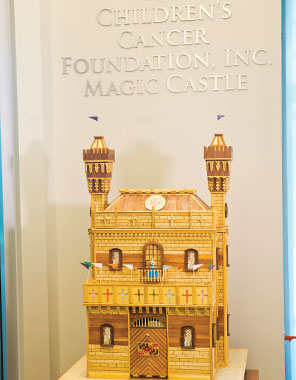How to Treat Pediatric Cancers With Proton Therapy
When children are diagnosed with cancer, the treatment plan is even more intricate than for adults. With their small stature and growing bodies, consideration is made for the long-term effects of chemotherapy and radiation on diseased and healthy tissues.
Proton therapy, a form of radiation therapy, serves as a preferred alternative to treat pediatric cancers. Protons stop at the site of the tumor, limiting unnecessary radiation to other organs located in close proximity to the tumor. This can be especially helpful for children, whose organs and tissues are smaller and more susceptible to exposure of photon radiation overflow. In addition, children have full lives ahead of them, and sparing nearby healthy tissues of radiation exposure minimizes the long-term effects on key organs like the heart, lungs, stomach and brain.
The Maryland Proton Treatment Center (MPTC) Uses Proton Therapy to Treat a Variety of Pediatric Cancers:
- Atypical teratoid rhabdoid tumors (AT/RTs)
- Craniopharyngioma
- Ependymoma
- Ewing’s sarcoma
- Germ cell tumors
- Low- and high-grade gliomas, including juvenile pilocytic astrocytomas and optic pathway gliomas
- Lymphomas, including Hodgkin’s disease
- Medulloblastomas and primitive neuroectodermal tumors (PNETs)
- Neuroblastoma
- Optic pathway glioma
- Pituitary adenoma
- Recurrent tumors, including recurrent benign tumors
- Rhabdomyosarcoma
Meet a Pediatric Patient
Get to know pediatric patient Teddy Wind by clicking on the video below:

Why choose MPTC?
Our dedicated pediatric team from the University of Maryland Department of Radiation Oncology is fully integrated with the University of Maryland Children’s Hospital (UMCH). UMCH is recognized statewide and regionally as a center of excellence for children with critical illnesses and complex, chronic conditions.


